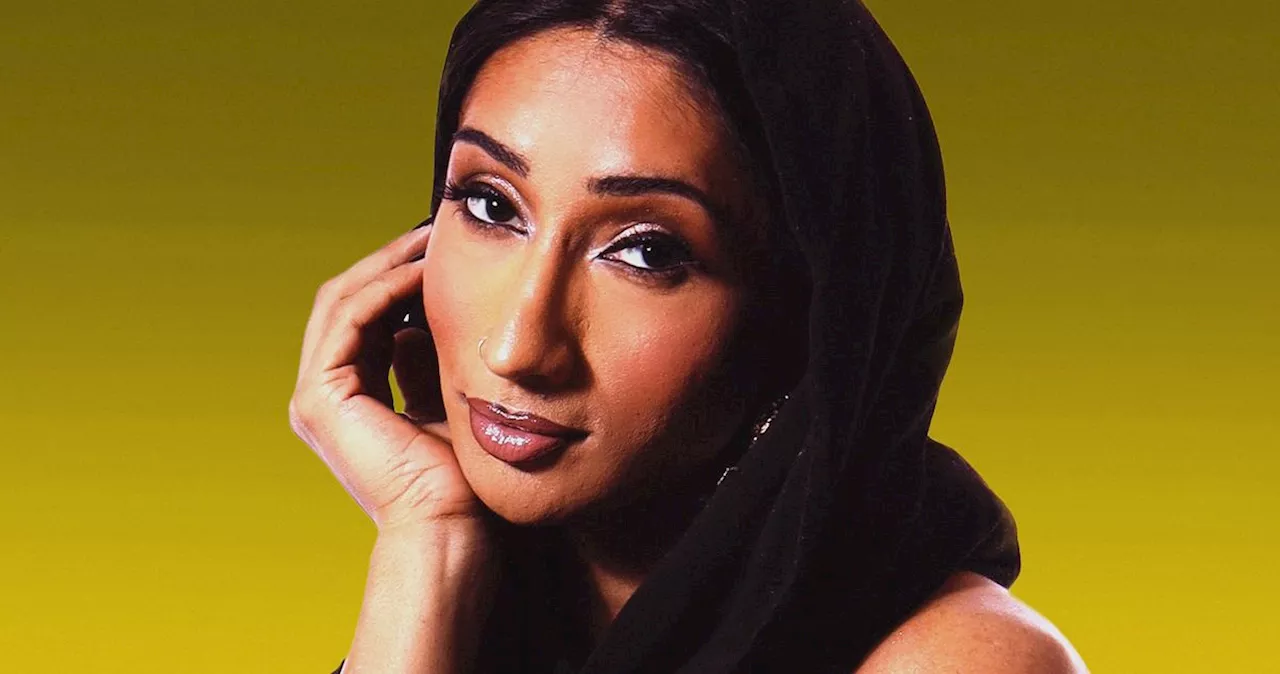This is a deeply personal story about a trans woman's journey to find a surgeon for Facial Feminization Surgery (FFS) who understands and respects her desire to maintain her Pakistani features. The narrative explores the pressures of conforming to Eurocentric beauty standards within the trans community and the importance of finding healthcare providers who celebrate individual identity.
One day near the end of 2023, I went into the roti shop in my Flatbush, Brooklyn neighborhood for doubles. I’m obsessed with the classic Trinidadian street food dish, which brings a Caribbean twist to the rotis and chana masala my Pakistani family cooked when I was growing up. While waiting to order, a man in the shop looked at me and paused. He brought his eyes up to mine and then down to my feet, staring for seconds on end. Then he burst out laughing.
“Ohhhh shit, you— you almost got me!” he cackled, turning to his friend. His friend added, “Ha! You always gotta check the neck. Look for the Adam’s apple.” At this point, I had been living socially as a trans woman for just under two years, always stepping out in miniskirts and dresses, donning long black wavy hair, and never leaving my house without my mug. My skin began to prickle and my blood boiled as the men’s laughter echoed through the shop. I started shouting, berating their dirty shoes, calling them broke, low-credit-score, short-ass motherfuckers. I grabbed my doubles, walked out the shop, and said, “Try a bitch, I dare you.” On the verge of tears, I walked home, replaying their words. I’d been clocked before, but this one stung. I looked in a mirror at my Adam’s apple, the gap between my eyes and eyebrows, the stubble that dotted the ridges of my mouth, and then at my big, beautiful Pakistani nose. I looked like my dad. I started my search online: Reddit threads, YouTube videos, Instagram. But I was disappointed. I didn’t see any South Asian dolls sharing their post-FFS looks. The “after” photos I found were of nonwhite sisters leaving FFS with smaller, dainty western features. Endless Kim Kardashians with cinched noses. Social media glam filters copied and pasted. Gorgeous, but not me. Talking to my Black and Brown trans sisters, I heard regrets. Some felt their surgeons had made them more womanly in ways that echoed whiteness: smaller noses, pointed chins, almond-shaped eyes. I wondered, what does femininity look like outside of whiteness? When I imagined my own femininity, I saw women like Abida Parveen and Noor Jehan: distinctive Pakistani faces with smaller chins, lower hairlines, and higher lips, but big noses. By early 2024, I’d narrowed my search to three doctors and reached out to one. On the phone, I began to explain how I wanted to look like myself after the procedure, inclusive of my Pakistani features and with only minor adjustments to my nose. The doctor made me feel like I didn’t know what I was talking about. “Well, if we don’t change the shape of your nose, you won’t really get that feminized face you’re looking for,” she said to me. I never called her back. A few months later, I attended a trans-centered party in Brooklyn. There, I saw Ava, a stunning Black trans woman. She was more radiant than I’d ever seen. Her defining Black features were pronounced, different, but wholly her own. It was like the universe finally caught up, revealing the extraordinary beauty Ava always carried. She hadn’t become someone else; she’d become more herself. I whispered to her. She confirmed coyly. I begged her to help a girl out, just let a doctor’s name slip. She said she would never give away that information, but that “for you, it’s different,” and shared her surgeon’s name. But me, I don’t gatekeep. I called. The office said that to come in for an FFS consultation I’d need an evaluation from my primary care doctor and a mental health note from a licensed therapist. I set up a regular physical and when chatting next with my therapist, she asked me if I had body dysmorphia. When I described how I felt after the incident in Flatbush, she wrote me a note quickly. Before I knew it, I was sitting in Rosenberg’s office. I told the intake PA, “my nose is big, and I want it to stay big,” launching into a rant about the Kim Kardashian effect: dolls getting clocked because of the copied and pasted features. She cut me off with a smile, saying, “You came to the right doctor.” Soon Dr. Rosenberg came in with a three-dimensional rendering of my face. He pointed to each part and explained the changes he intended to make, showing me how he was only going to work with the features I already had instead of trying to shape me into something new. I agreed with everything he showed me – until we got to my nose. He said that medical sciences agreed that there were three steps necessary to make a nose more feminized: shorten the length, smooth out any dorsal humps, and lower the projection of the nasal bridge. I was okay with bringing my nasal bridge down, but I certainly didn’t want my nose to be shorter, or to lose the small hump I had before my nostril. I told Dr. Rosenberg I didn’t care what “medical sciences” said. I was not going to walk out of here looking European. He said, “I’m going to be honest with you. The day after your surgery, you’re gonna wake up, have red hair, and you’ll be a white woman named Rebecca.” We both laughed, and he promised to preserve my nose’s unique character while ensuring I’d love the result
Beauty Standards Healthcare TRANSGENDER FACIAL FEMINIZATION SURGERY PAKISTANI CULTURE BEAUTY STANDARDS IDENTITY SURGERY HEALTHCARE
United States Latest News, United States Headlines
Similar News:You can also read news stories similar to this one that we have collected from other news sources.
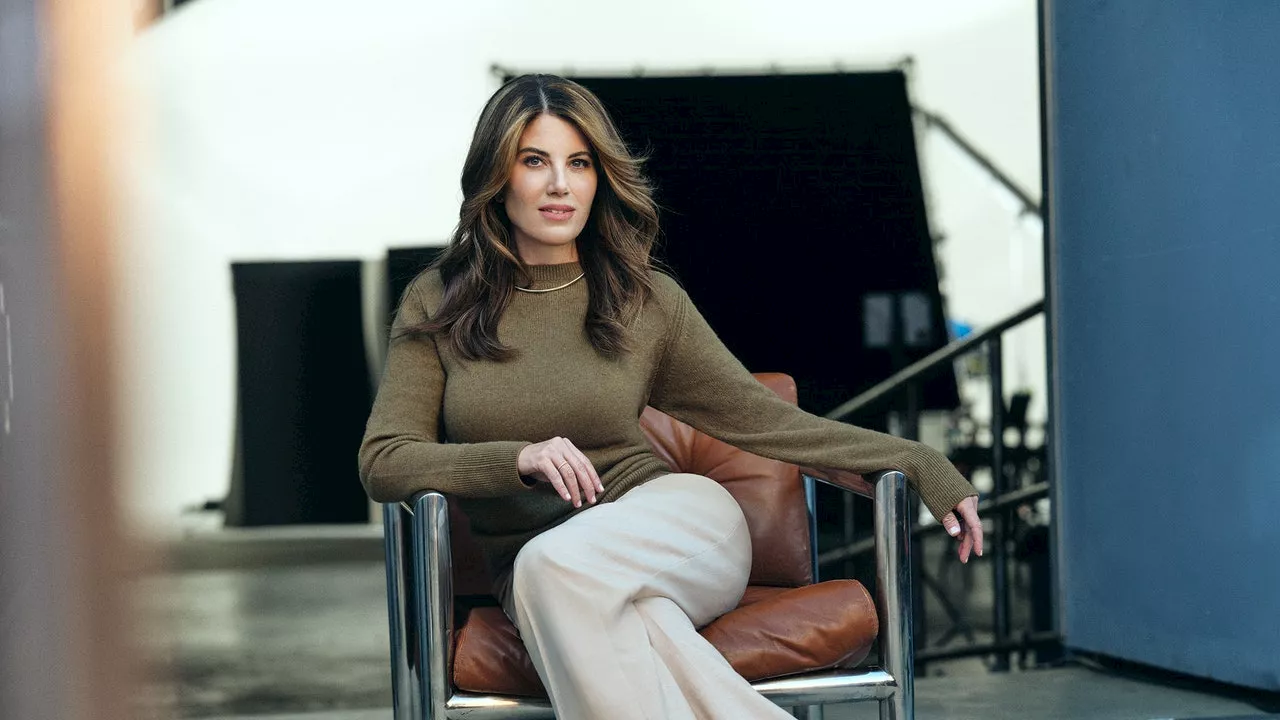 Monica Lewinsky Is ‘Reclaiming’ Her Story With a New Podcast“My life is full of things other than just my past,” she tells Vanity Fair of her next venture, part of a decades-long journey to “step into all of me more publicly.”
Monica Lewinsky Is ‘Reclaiming’ Her Story With a New Podcast“My life is full of things other than just my past,” she tells Vanity Fair of her next venture, part of a decades-long journey to “step into all of me more publicly.”
Read more »
 Trump Pushes for 'Reclaiming' Panama Canal as Rubio Embarks on Latin America TourPresident Trump has sparked controversy by calling for the U.S. to 'take back control' of the Panama Canal, alleging Chinese influence. This has become a focal point as Secretary of State Marco Rubio embarks on his first overseas trip, prioritizing Latin America. Rubio will visit Panama, Guatemala, El Salvador, Costa Rica, and the Dominican Republic, aiming to address concerns over China's growing presence and strengthen U.S. ties in the region.
Trump Pushes for 'Reclaiming' Panama Canal as Rubio Embarks on Latin America TourPresident Trump has sparked controversy by calling for the U.S. to 'take back control' of the Panama Canal, alleging Chinese influence. This has become a focal point as Secretary of State Marco Rubio embarks on his first overseas trip, prioritizing Latin America. Rubio will visit Panama, Guatemala, El Salvador, Costa Rica, and the Dominican Republic, aiming to address concerns over China's growing presence and strengthen U.S. ties in the region.
Read more »
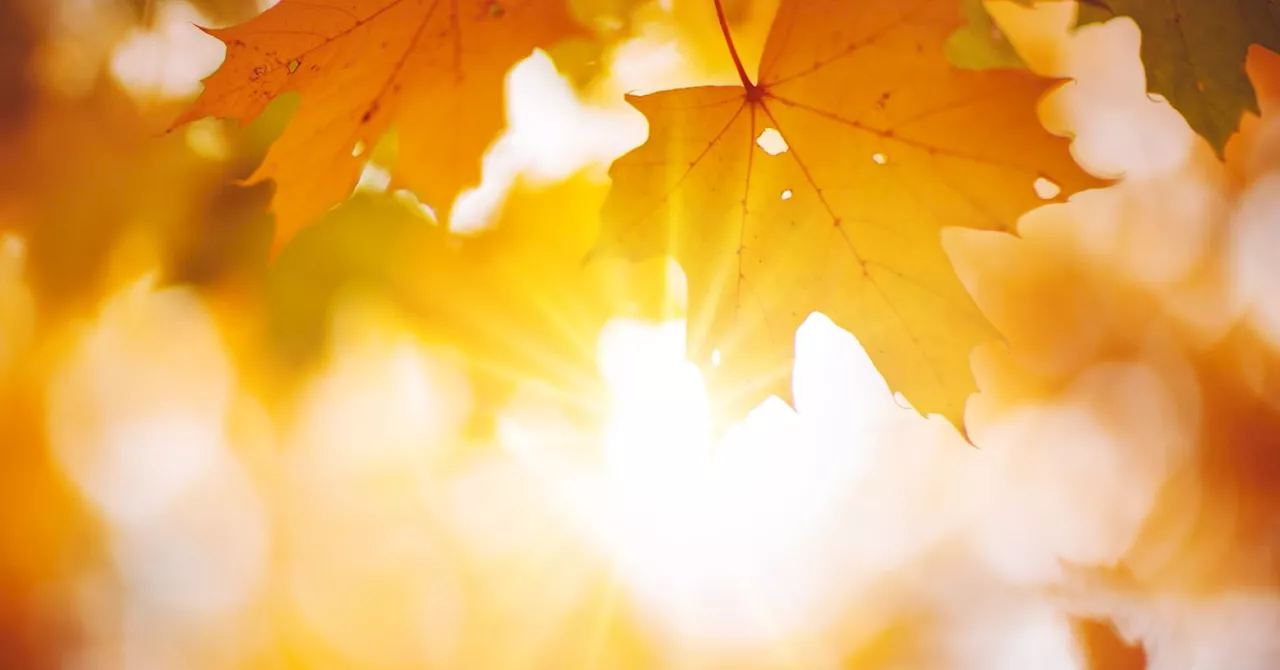 Reclaiming Death: From Fear to DignityThis article explores the shift of death from homes to hospitals and its impact on our societal fear of mortality. It encourages open conversations about death, the importance of advanced directives, and the creation of personal rituals to honor death as a natural and sacred part of life.
Reclaiming Death: From Fear to DignityThis article explores the shift of death from homes to hospitals and its impact on our societal fear of mortality. It encourages open conversations about death, the importance of advanced directives, and the creation of personal rituals to honor death as a natural and sacred part of life.
Read more »
 Reclaiming the Sacredness of Death: A Human ExperienceThis article explores the shift of death from homes to hospitals and its impact on our perception of mortality. It argues that death is a natural human experience that should be approached with reverence and acceptance, rather than fear. By acknowledging death openly, engaging in honest conversations, and creating personal rituals, we can reclaim the sacredness of both life and death.
Reclaiming the Sacredness of Death: A Human ExperienceThis article explores the shift of death from homes to hospitals and its impact on our perception of mortality. It argues that death is a natural human experience that should be approached with reverence and acceptance, rather than fear. By acknowledging death openly, engaging in honest conversations, and creating personal rituals, we can reclaim the sacredness of both life and death.
Read more »
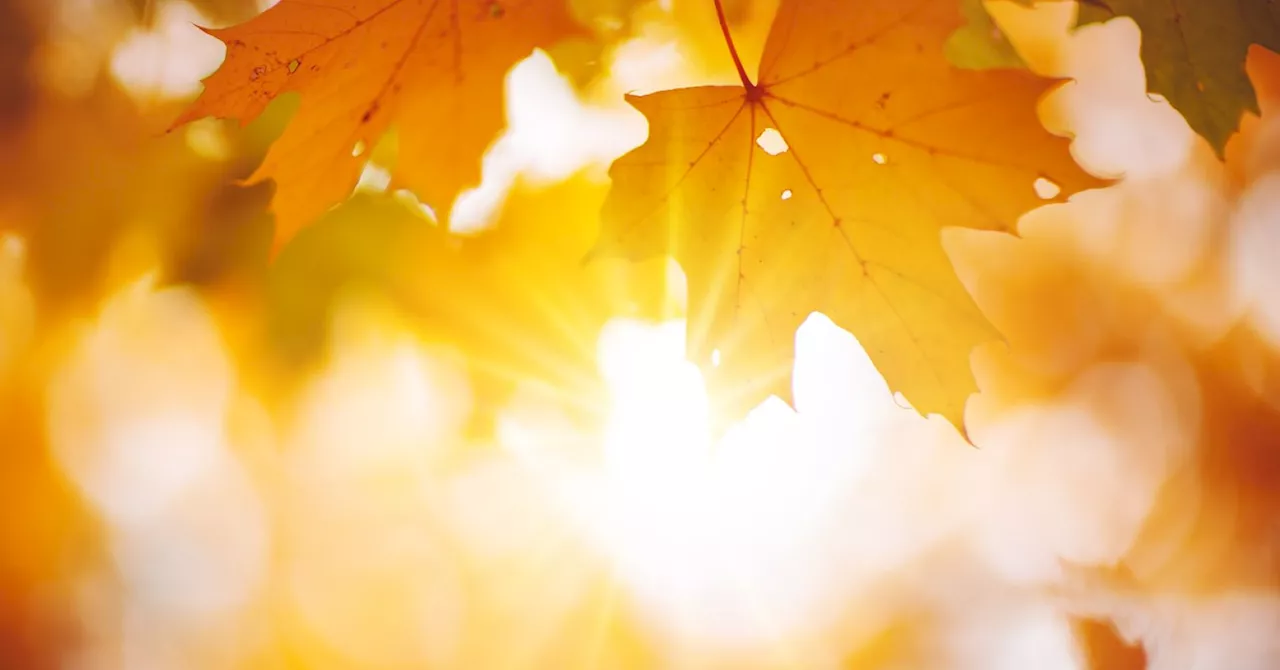 Reclaiming the Sacredness of DeathThis article explores the historical shift of death from homes to hospitals and its impact on our fear of dying. It argues that death is a human experience, not a medical event, and encourages open conversations about death, advance care planning, and creating personal rituals to honor its natural role in life.
Reclaiming the Sacredness of DeathThis article explores the historical shift of death from homes to hospitals and its impact on our fear of dying. It argues that death is a human experience, not a medical event, and encourages open conversations about death, advance care planning, and creating personal rituals to honor its natural role in life.
Read more »
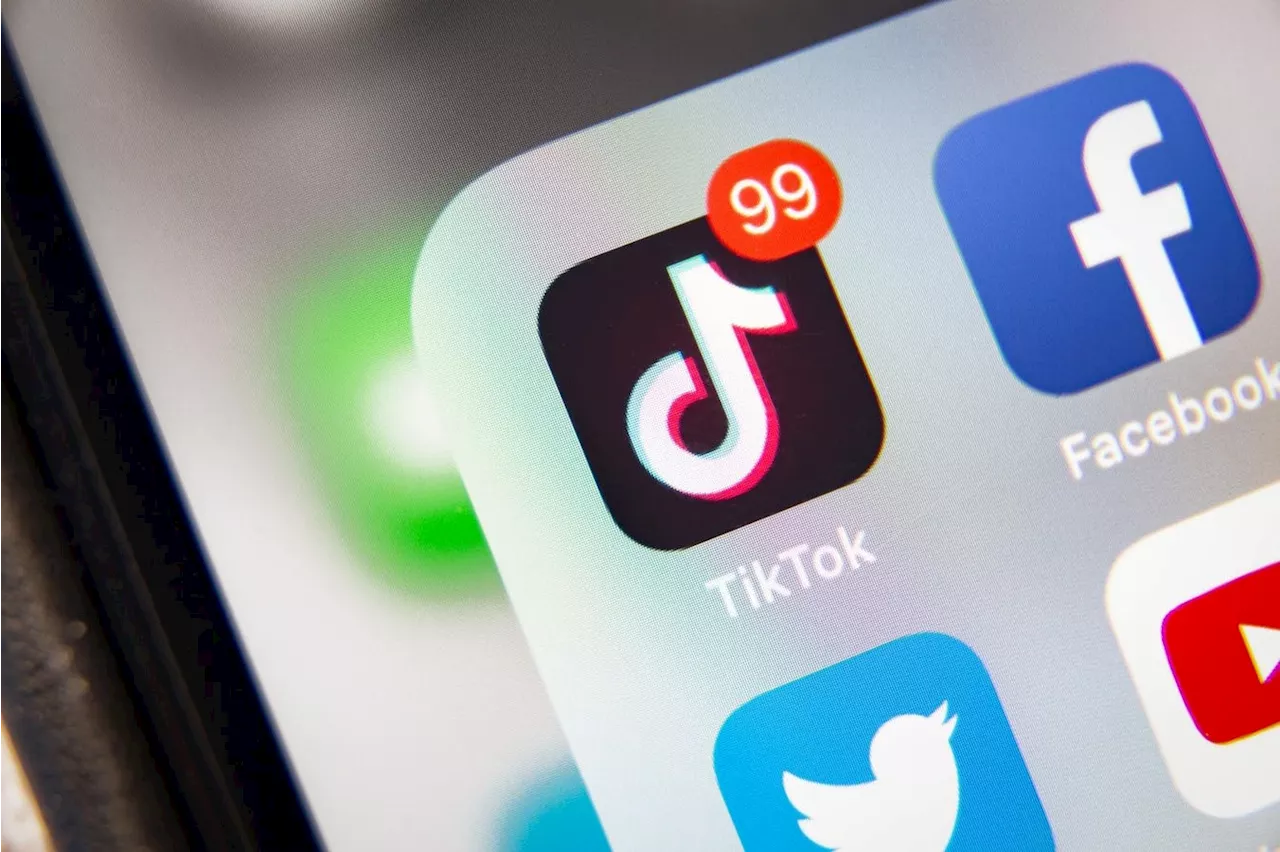 Reclaiming Your Brand: Beyond Social MediaThis article explores strategies for building a personal brand that transcend social media reliance. It emphasizes the importance of public speaking, networking, referrals, email lists, and offline marketing tactics to create a lasting and impactful brand.
Reclaiming Your Brand: Beyond Social MediaThis article explores strategies for building a personal brand that transcend social media reliance. It emphasizes the importance of public speaking, networking, referrals, email lists, and offline marketing tactics to create a lasting and impactful brand.
Read more »
